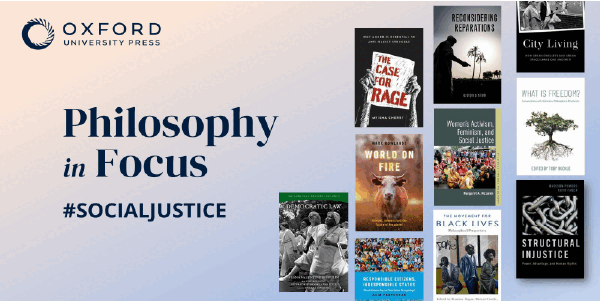Philosophers, Concepts, and Cognitive Biases
“We found some evidence of differences in conceptual competence between philosophers and laypeople, and documented a difference in linguistic diet; but these differences did not translate into different susceptibility to even the most pertinent cognitive bias, or render philosophers’ judgments appreciably more accurate.”
That’s from “Philosophers’ linguistic expertise: a psycholinguistic approach to the expertise objection against experimental philosophy,” by Eugen Fisher (East Anglia), Paul E. Englehardt (East Anglia) , and Aurélie Herbelot (Trento), published recently in Synthese.

[Tanya Preminger – “Round Balance”]
Here’s an excerpt from their discussion of their findings and their consequences:
We found that professional philosophers are better at deploying conceptual information than laypeople (psychology undergraduates): they are better at suppressing contextually irrelevant default inferences from words. Even so, philosophers are no less susceptible to the cognitive bias this competence seems most apt to shield them from, viz., the linguistic salience bias. This comprehension bias allows contextually inappropriate default inferences to influence utterance interpretation and further cognition. It does so under conditions which frequently recur in philosophy: where unbalanced polysemous words are used in a subordinate sense, to talk about cases that pull apart features that go together, in the associated stereotype. Neither the observed difference in conceptual competence nor marked differences in linguistic usage between expert and ordinary discourse lead this bias to result in notable differences between lay and expert judgments. Since this comprehension bias is the bias most likely affected by the examined difference in conceptual competence, it seems unlikely that the observed difference in competence will render philosophers less susceptible than laypeople to any cognitive bias and result in markedly different case judgments.
In a nutshell, philosophers’ better conceptual competence does not make their judgments more stable or greatly more accurate than those of laypeople.
What might seem like a blow to philosophers, though, may be a boon to experimental philosophy (x-phi). Certain approaches to x-phi which rely on the surveying of laypeople have been objected to on the basis that the inexpert judgments of laypeople are importantly different from those of philosophical experts, and so little of philosophical interest can be learned from them—the “expertise” objection. Fisher, Englehardt, and Herbelot think their research pushes back against the expertise objection:
Present findings have productive methodological consequences for experimental philosophy. First, they support experimental philosophy’s lay-expert inference in the face of linguistic expertise and usage objections—the arguably most promising versions of the expertise objection. Present findings refute these objections in a perhaps unexpected way. Expertise objections assume there is a difference in expertise or competence between philosophers and laypeople, and that this difference makes philosophers’ case judgments less susceptible to cognitive biases and irrelevant factors. Present findings provide some evidence of potentially relevant differences, but reveal these differences need not make a difference: We found some evidence of differences in conceptual competence between philosophers and laypeople, and documented a difference in linguistic diet; but these differences did not translate into different susceptibility to even the most pertinent cognitive bias, or render philosophers’ judgments appreciably more accurate. This suggests that contributions to ‘negative’, ‘restrictionist’, or ‘evidential’ experimental philosophy can work with lay participants to assess claims about the stability and accuracy of philosophers’ judgments.
You can learn about the experiments Fisher, Englehardt, and Herbelot used, and the further conclusions they draw, here.



Not the clearest prose, but let me see if I’ve got it…
They asked people to rate the plausibility of “Jack sees the problems behind him.” The prediction is that philosophers — being good at philosophy — will realize this means “Jack knows about the problems,” not “Jack is literally looking in front of his body and seeing problems with his eyeballs.” Mere laypeople are expected to rate the sentence implausible.
Is this what people think philosophers do all day – hunt for inconsequential polysemy?
Fits my intuitions and experience.
Sent from the all new AOL app for iOS
I really hope the philosophers they used were metaethicists. Why on earth would these researchers expect to see training/expertise in an area which many of us know little, to nothing, about?
This is to say, of course philosophers and laypersons will have similarly inconsistent or bias views, if the philosophers don’t have training in the chosen area of specialization! This is because those philosophers who specialize in other fields are, in fact, laypersons with regard to this field.
Smh